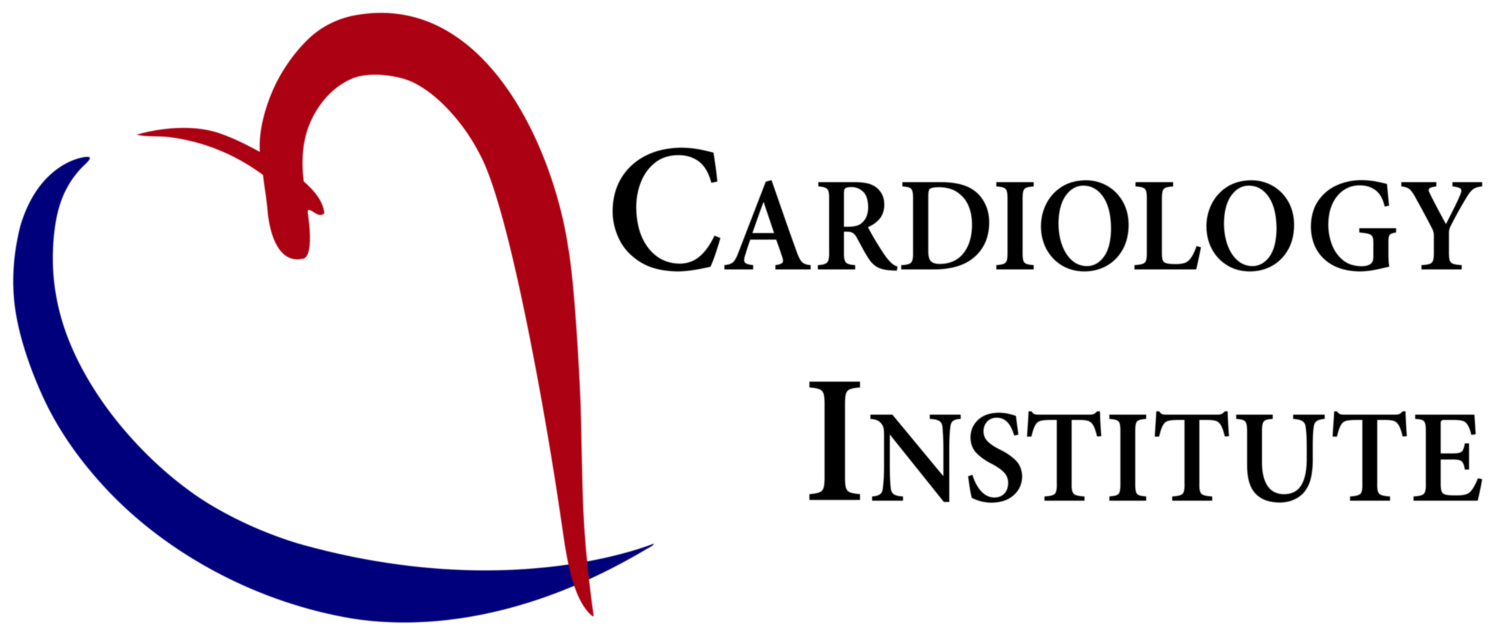Living with a heart condition can sometimes be worrying and distressing. It can take some time to adjust to what has happened. Everyone’s experience is a very personal one, and we all cope in different ways. However, sometimes individuals can feel overwhelmed and can benefit from professional help to cope and develop strategies to deal with these stresses.
Common feelings after a heart event:
Shocked… Angry… Sad… Relieved… Lucky… Worried… Frightened… loss of control… Motivated… On edge… Helpless…
Recognising the signs
Depression or low mood
- Feeling low or hopeless most days, Mood swings, being irritable or crying easily, changes to sleep, appetite, energy or concentration. Loss of interest in things or thoughts that life is not worth living.
Anxiety or worry
- Restless or on edge most days, uncontrollable worry or fears, sudden rush of panic or fear and difficulty relaxing.
What can you do?
Be kind to yourself: What would you say to a friend in your position
Make time for fun: Do things you enjoy and aim for balance in your life
Relax and unwind daily: Find out what relaxes you. Take slow deep breaths and relax your muscles.
Practice helpful thinking: List the things you are grateful for and try positive self-talk.
Connect with others: Being around others can lift your mood and help deal with stress. Reach out to others and join groups.
Set goals and put in place stepping stones: Take things one step at a time. Focus on what is important in the moment.
Most importantly, know your stress levels and when to seek help: Feelings of depression and anxiety are common after heart events. Often these resolve over time. If they go on for more than two weeks or interfere with your life, it’s important to seek help.
Useful self-help resources
The heart foundation provides useful online resources on coping after a heart event. Please click below for advice:
Adapted with permission from Hayley Robinson, health psychologist @ WDHB Caridology.

